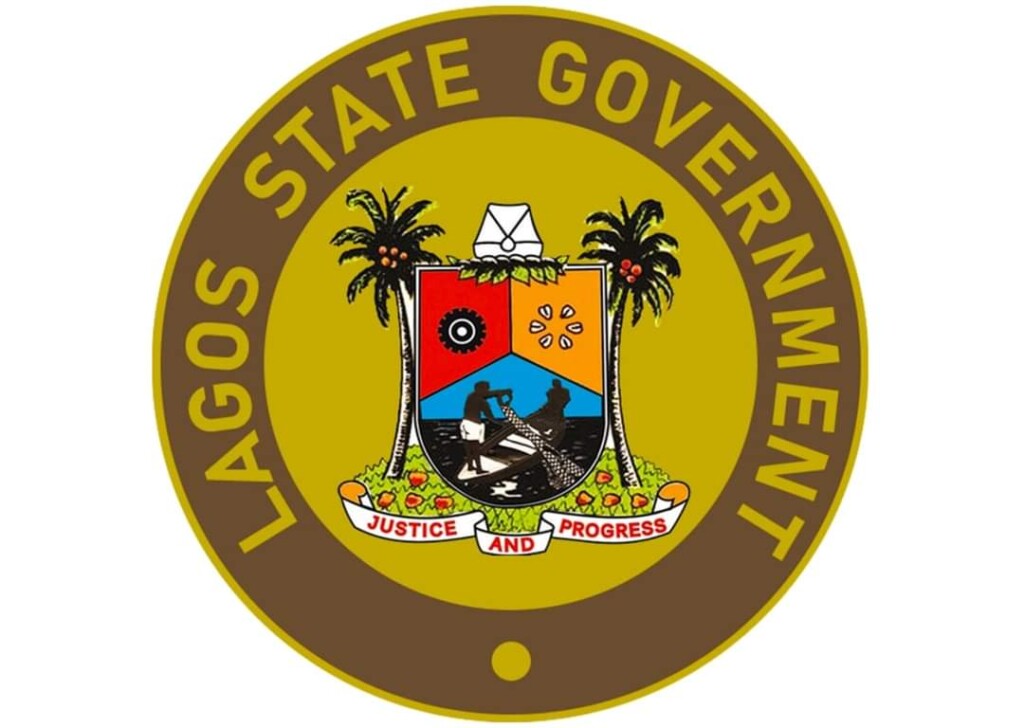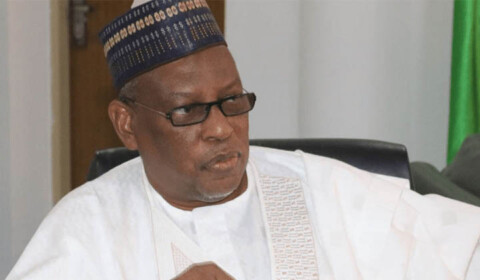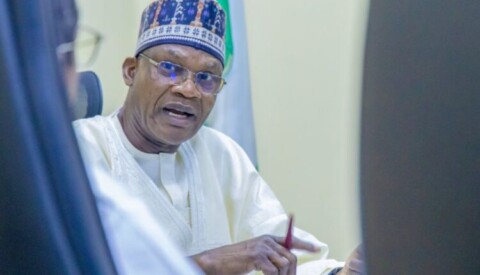The Lagos State Government has launched its first-ever NEEDS Assessment Project for public primary schools across the state.
In a statement issued on Friday, Deputy Director of Information at LASUBEB, Abe Adunola, explained that the initiative, led by the Lagos State Universal Basic Education Board (LASUBEB), was officially introduced on Thursday during a stakeholders’ engagement forum.
The NEEDS Assessment Project is designed as an evidence-based exercise to identify gaps in infrastructure, teaching quality, and learning resources in public schools. By generating reliable data, the government aims to plan targeted interventions and allocate resources more effectively.
According to LASUBEB, the project will cover 1,238 public primary schools, vocational centres, inclusive units, and Local Government Education Authorities (LGEAs) across the state.
Board member Owolabi Falana described the exercise as a critical step in strengthening the foundation of basic education in Lagos.
Speaking on behalf of the Deputy Chief of Staff, the Executive Assistant to the Governor on Project Implementation and Monitoring, Mr. Olusegun Sanwo-Olu, said the project demonstrates the government’s commitment to reforming education through data-driven strategies.
“This initiative is about clarity and intentionality. By understanding the realities in our schools, we can engage in smart planning, equitable resource allocation, and sustainable reforms. It is a bold step to improve teaching quality, enhance learning outcomes, and prepare Lagos pupils for a rapidly changing world,” he stated.
Chairman of LASUBEB, Dr. Hakeem Shittu, noted that the project would not be a one-off intervention but the beginning of continuous assessments to transform Lagos public schools.
“The maiden NEEDS Assessment is just the starting point. We are committed to sustaining this process so that our schools, teachers, and learners are consistently supported,” he said.
Shittu highlighted that the exercise would pave the way for safer classrooms, better-equipped facilities, empowered teachers, and improved pupil performance. He added that the initiative is not just about identifying shortcomings but also about developing practical solutions to enhance learning environments, teachers’ welfare, and school administration.
He also acknowledged the role of teachers, administrators, and LGEAs in the process, stressing the importance of collaboration with the Project Implementation and Monitoring Unit to ensure credible data collection.
“The success of this project depends on our collective effort. With the support of teachers, parents, and community leaders, we can build a school system that equips Lagos children with the knowledge and confidence to compete globally,” he said.
The launch of the project comes as part of wider reforms in Lagos education. Since the introduction of the EKOEXCEL programme in 2019, the state has distributed digital learning devices, retrained teachers, renovated schools, and expanded inclusive centres for children with special needs.
However, challenges such as overcrowded classrooms, weak infrastructure, and uneven access to quality education have persisted. Experts have long stressed the need for systematic assessments to guide interventions—making the NEEDS project the first coordinated effort to gather comprehensive data for policymaking in Lagos State’s basic education sector.





